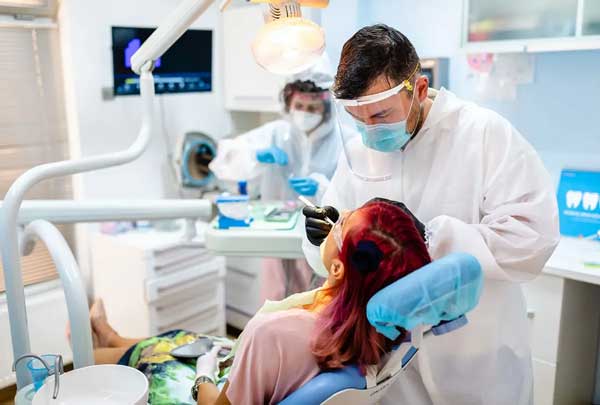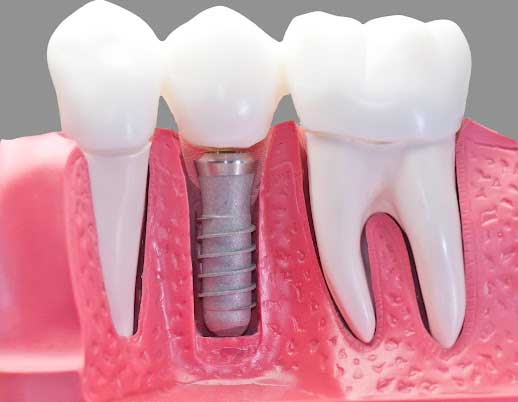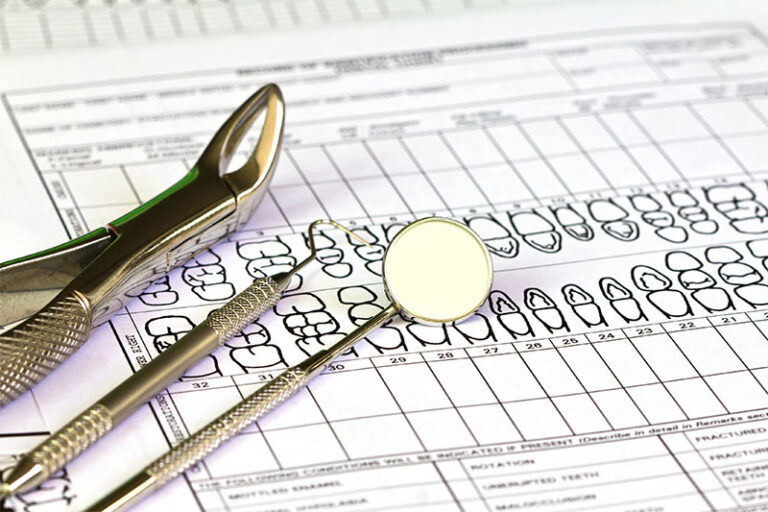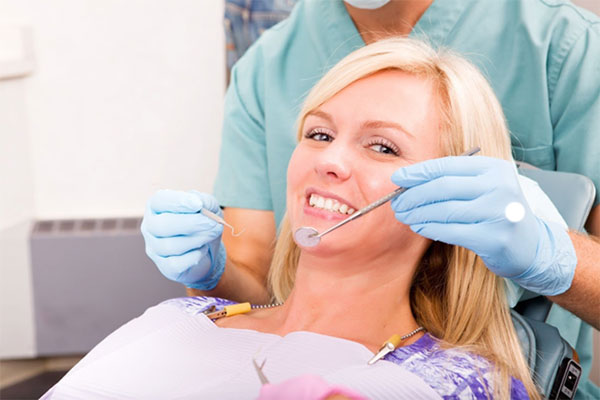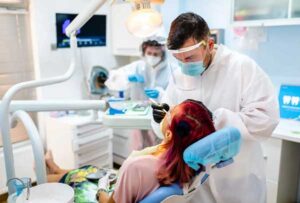
Oral cancer affects different tissues in and around the mouth. For example, the cancer may affect your lips, tongue, gums, inner cheeks, and roof of the mouth. Dentists offer oral cancer screening for those who need it. Below are some things you should know about the screening.
The Need for Screening
Screening may help you detect early-stage oral cancer. Below are the benefits of detecting cancer in its early stages.
Increased Chance of Treatment Success
Like many diseases, oral cancer is easier to deal with in its early stages than in later stages. The more the cancer advances, the higher the risk that the treatment regimen might not kill or remove all the cancer cells. Cancer cells that remain in your body after treatment can easily cause the disease reoccurrence.
Reduced Need for Complicated Treatments
Treatment options for oral cancer include radiation, chemotherapy, immunotherapy, drug usage, and surgery. The more your cancer is advanced, the more likely you are to need invasive treatment. Most late-stage cases also require multiple treatment options.
Reduced Risk of Treatment Complications
Cancer is one of the most treatment-intensive diseases. The risks of complications are also high. The more treatments you get, the higher your complication risks. As mentioned above, you will likely need multiple invasive treatments if you discover your cancer early enough. Timely screening gives you that chance.
Signs You Need the Screening
Anyone can benefit from oral cancer screening. However, some people need the screening more than others. Below are signs that you need oral cancer screening.
You Have a High Risk of the Disease
Some people are more likely to develop oral cancer than others. For example, you have a high risk of the disease if:
- You smoke or use tobacco in other forms
- You regularly drink a lot of alcohol
- You spend a lot of time in the sun but do not protect your lips
- You have a history of oral cancer in your family
You need oral cancer screening if you fall into the high-risk category. The more of these risk factors apply to you, the more you should go for oral cancer screening.
Signs and Symptoms
You should also consider screening if you have suspicious signs and symptoms that point to oral cancer. Such signs and symptoms include:
- Discolored patches on the inside of the mouth
- Sore lips
- Neck or mouth numbness
- Unexplained weight loss
- Chronic bad breath
As you can see, many other diseases share these symptoms. Thus, you may need oral cancer screening to put your mind at rest if you have the above symptoms.
Screening Techniques
Dentists have different oral cancer screening techniques. In many cases, the dentist will use multiple techniques on you. Below are the common techniques.
Visual Examination
The dentist will examine the inside and outside of your mouth for suspicious signs. The dentist will look for discolorations, changes in skin texture, and swelling, among other telltale signs of cancer.
Palpation
The dentist may also feel your neck, mouth, and surrounding tissues for unusual things. For example, the dentist may feel for lumps under the skin.
Light Test
In this case, the dentist will ask you to rinse your mouth with a mouthwash that lights up in a specific color whenever light falls on it. The dentist will then shine a special light into your mouth. Healthy and abnormal tissues appear different under this light.
Dye Test
The dye test works similarly to the light test. The main difference is that the dentist uses a special dye instead of a light. Abnormal and healthy cells show different colors when covered with the dye.
Dan Czapek, D.M.D. has successfully provided dental care for many clients for decades. We have invested in state-of-the-art dental techniques and technology to enhance our patient’s experiences. Contact us for oral cancer screening or any other dental service you need.


